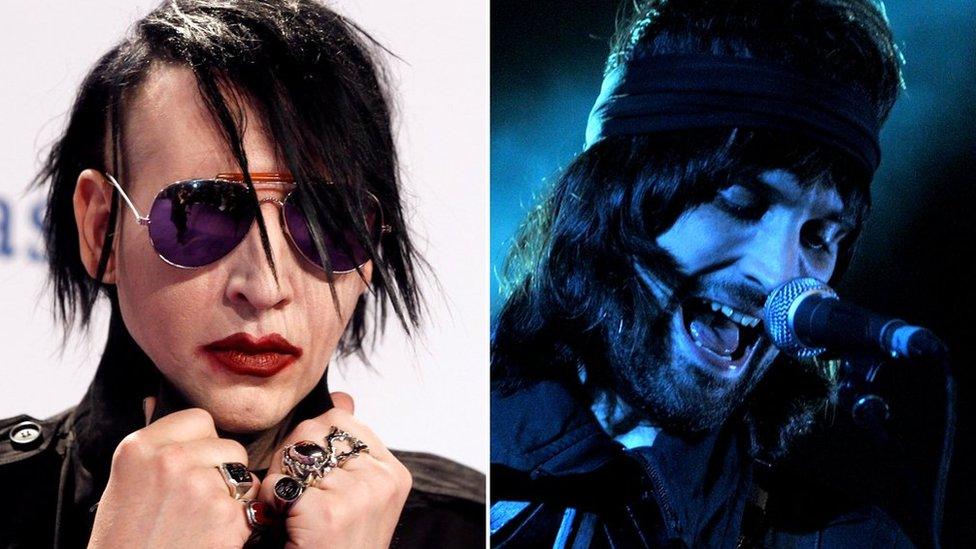Charles Manson death: Legal fight over cult leader's body
- Published
Charles Manson's followers carried out murders on his orders
A judge in Los Angeles says it's too early to decide who has the right to the remains and estate of cult leader Charles Manson, who died in November.
The 83-year-old was not originally thought to have named a next of kin.
But multiple claimants have emerged, including a pen pal, an estranged grandson in Florida and another man claiming to be Manson's long-lost son.
A lawyer representing the county where he died described the legal case as "really weird" and "like a circus".
Manson became notorious for directing a group of cult followers to commit a string of high-profile murders in the 1960s.
He died in November at Bakersfield hospital in California of cardiac arrest following an illness, having spent decades in jail for his crimes.
The facility falls within Kern County, whose coroner's office said it accepted his body because the county detention centre did not have refrigeration facilities.
On Monday, Los Angeles Probate Judge David Cowan told all parties that they must file legal petition to determine in which county the legal case should be heard.
The judge will decide later this month if the case should be tried in Los Angeles County where Manson had lived before his crimes, in Kings County where he was imprisoned before his death, or in Kern County where he died.
Judge Cowan added that the decision over Manson's remains, and his estate, should be decided in separate court hearing.
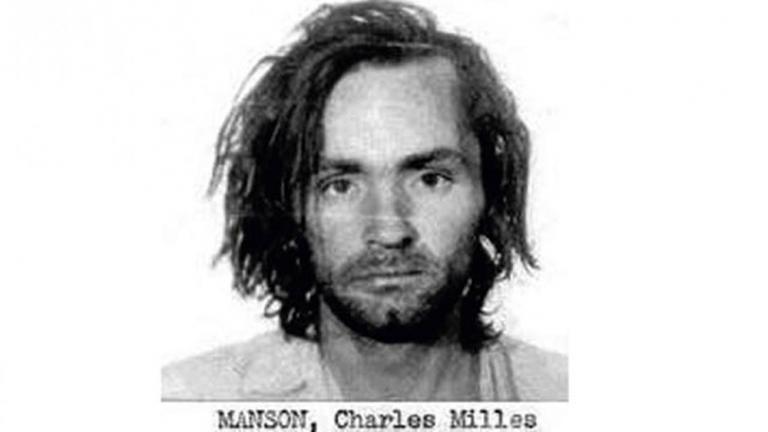
Bryan Walters, a lawyer representing the coroner's office, has previously admitted the process "hasn't gone as smoothly as we hoped".
"When we received it, we thought no-one would claim the body," he said. "We assumed it would be an easy matter to take care of.
"He's a figure of public scrutiny, so the simple is just not possible."
Prison officials previously indicated that Manson had not listed anyone as his next of kin.
But a pen pal, one of the legal claimants, shared a document dated 2002 to US media, external, that he says entitles him to all of Manson's personal belongings after his death.
Another document purporting to be a valid will was reportedly filed by Matthew Roberts, who alleges that Manson is his father.
His claim is being supported by Ben Gurecki, who has a YouTube channel dedicated to Manson on which he uploaded telephone conversations between himself and the cult leader.
He told the Sun newspaper that Manson entrusted him with a will in March, external, which named Mr Roberts as the main beneficiary of his estate.
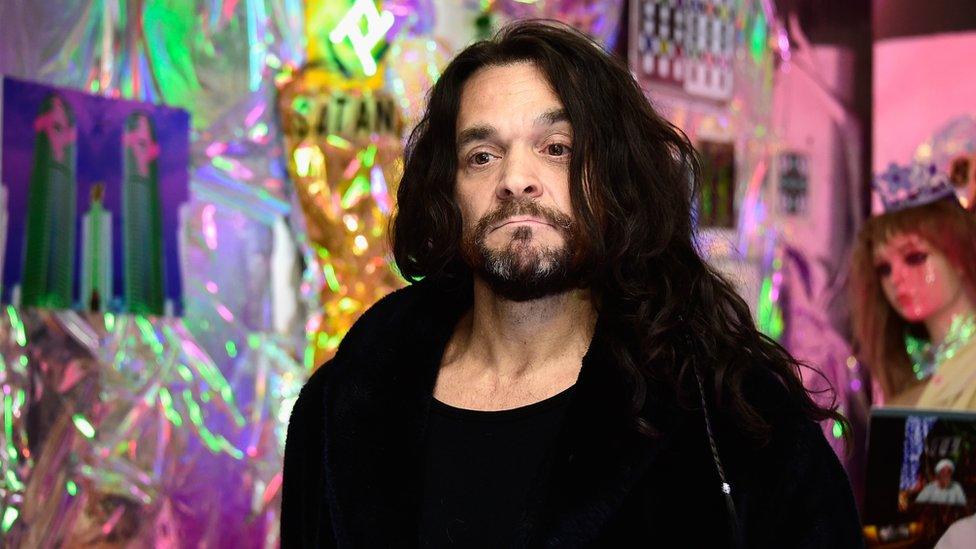
Matthew Roberts, from LA, has said he is an estranged son of Manson
The final party is Jason Freeman, a 41-year-old Florida man who originally came forward in 2012 purporting to be Manson's grandson.
Mr Freeman wants a private family cremation for Mr Manson, he told the court on Monday.
He added that the ashes would be spread in a secret location to prevent the site from becoming a ghoulish tourist attraction.
'King of Murderabilia'
Manson's notoriety has fuelled a trade in macabre memorabilia throughout his life, including the psychedelic folk music he recorded before his crimes.
Any remaining belongings of Manson's would typically be released to whoever is ruled to be his next of kin.
Andy Kahan, a victims' rights advocate who specialises in quashing the trade of macabre artefacts from high-profile criminals, said items made and owned by Manson were being sold for thousands of dollars online.
He told the New York Times that Manson was "the king of murderabilia", external.
"They've been making money off him for years, and now the opportunity to make a lot more is available," Mr Kahan said.
- Published21 November 2017
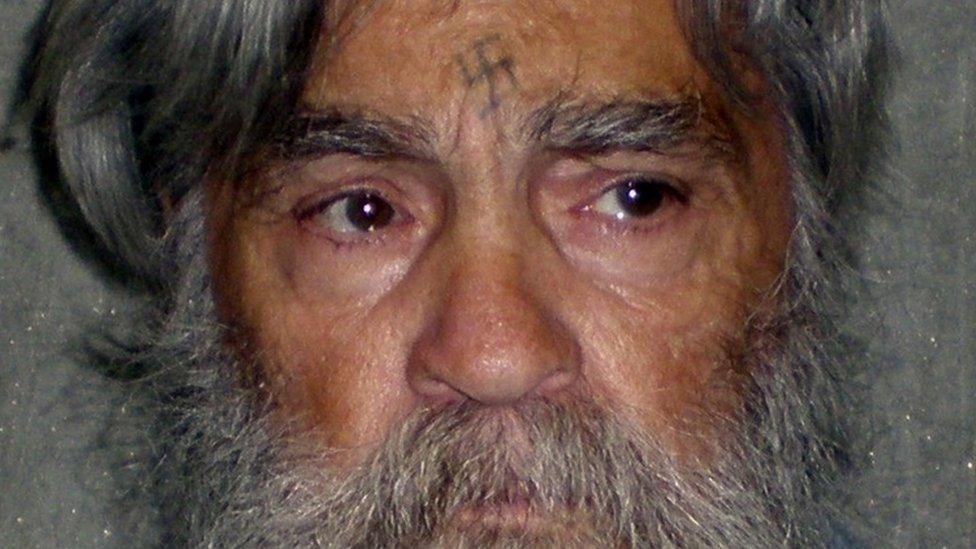
- Published20 November 2017
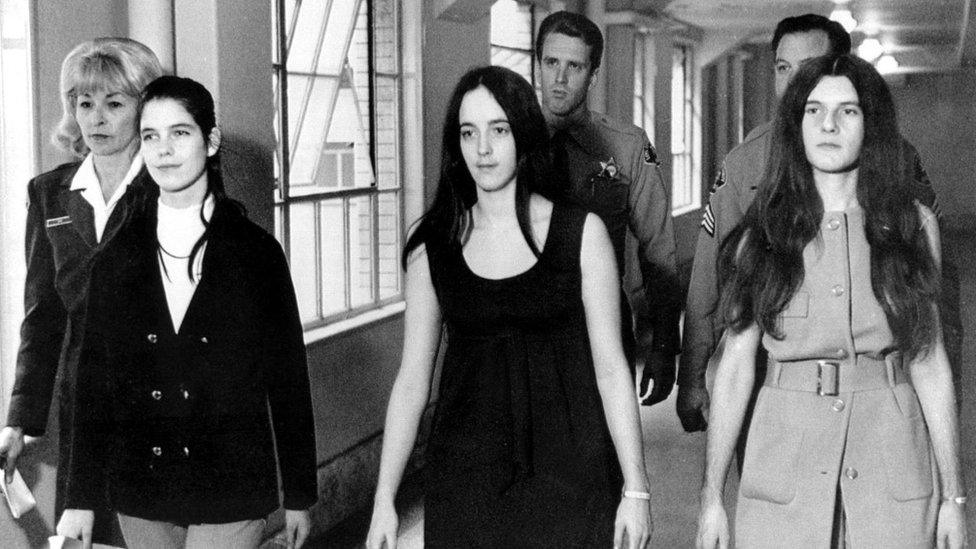
- Published20 November 2017
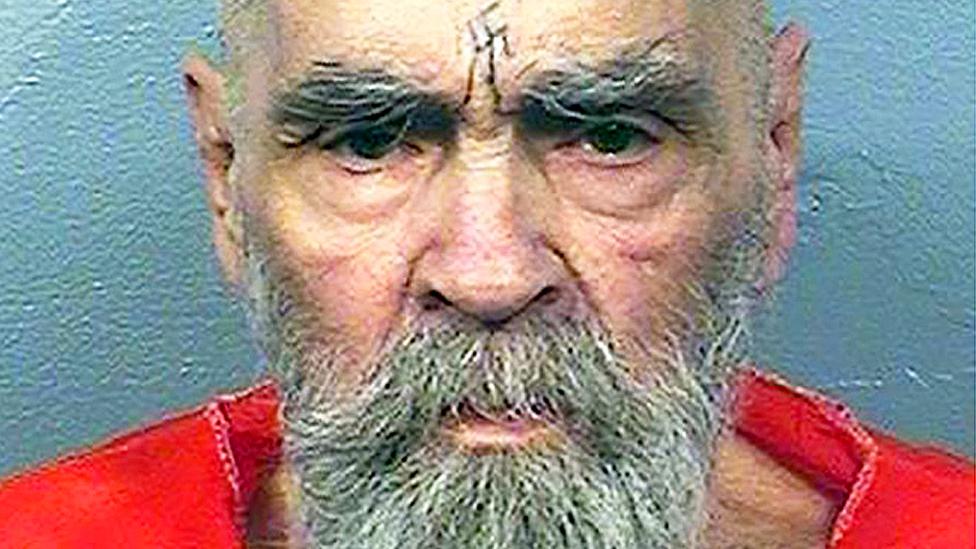
- Published20 November 2017
